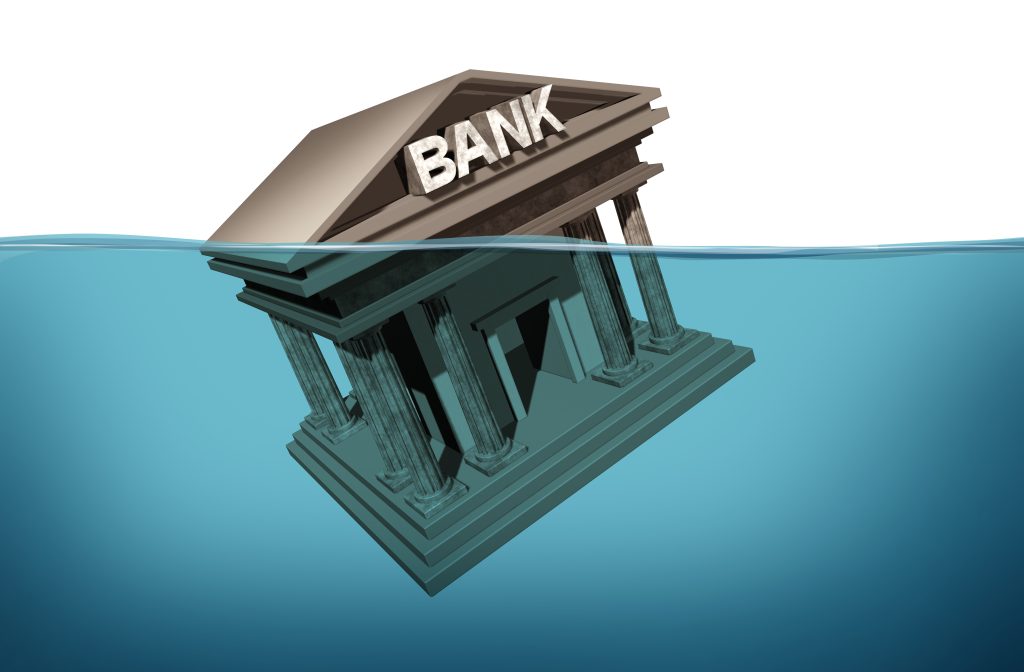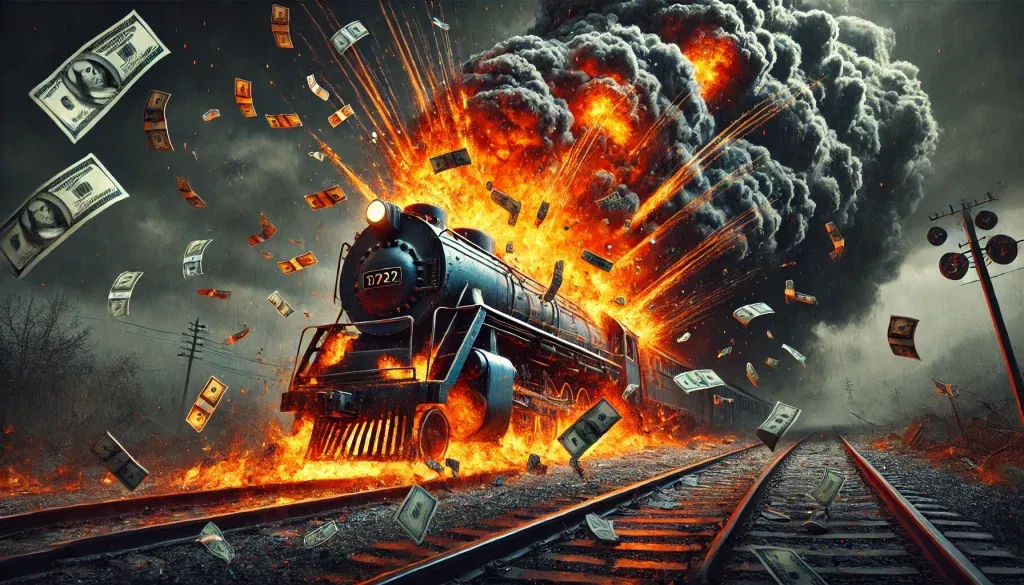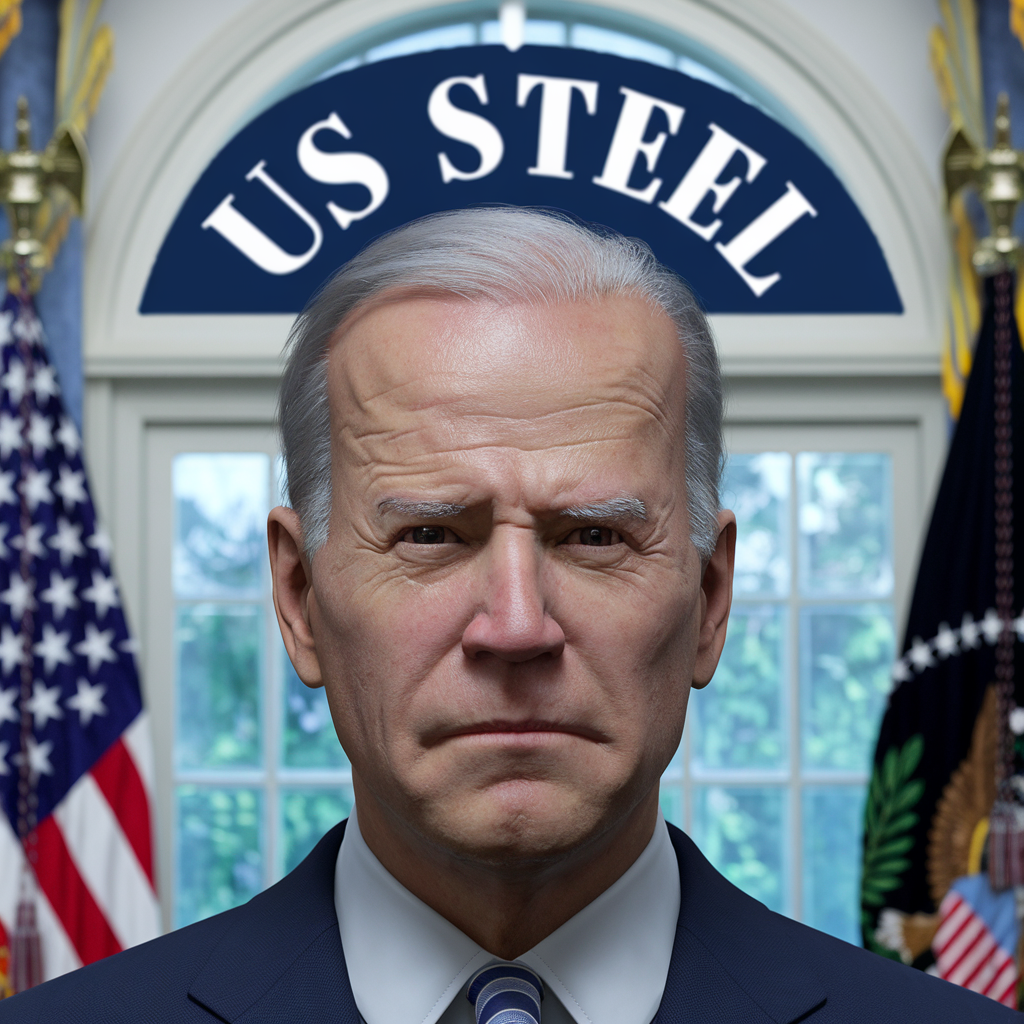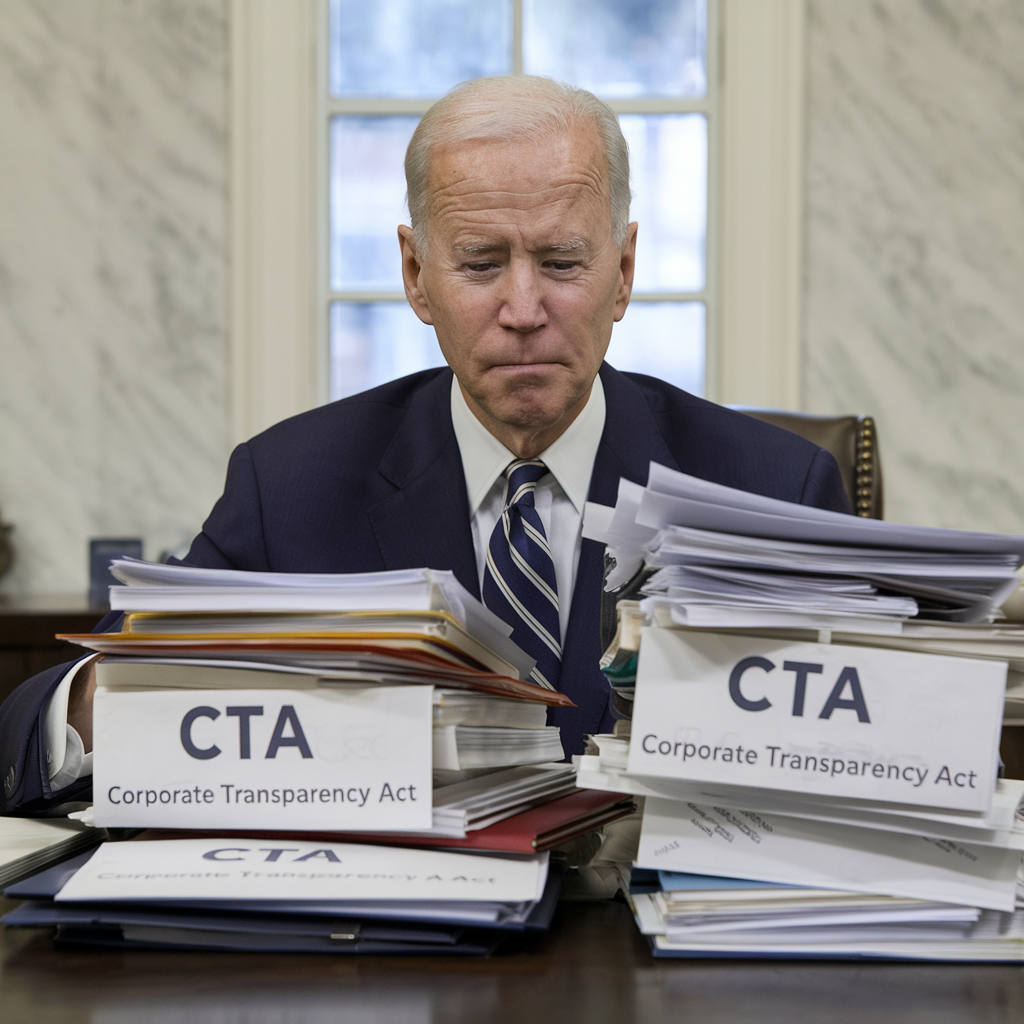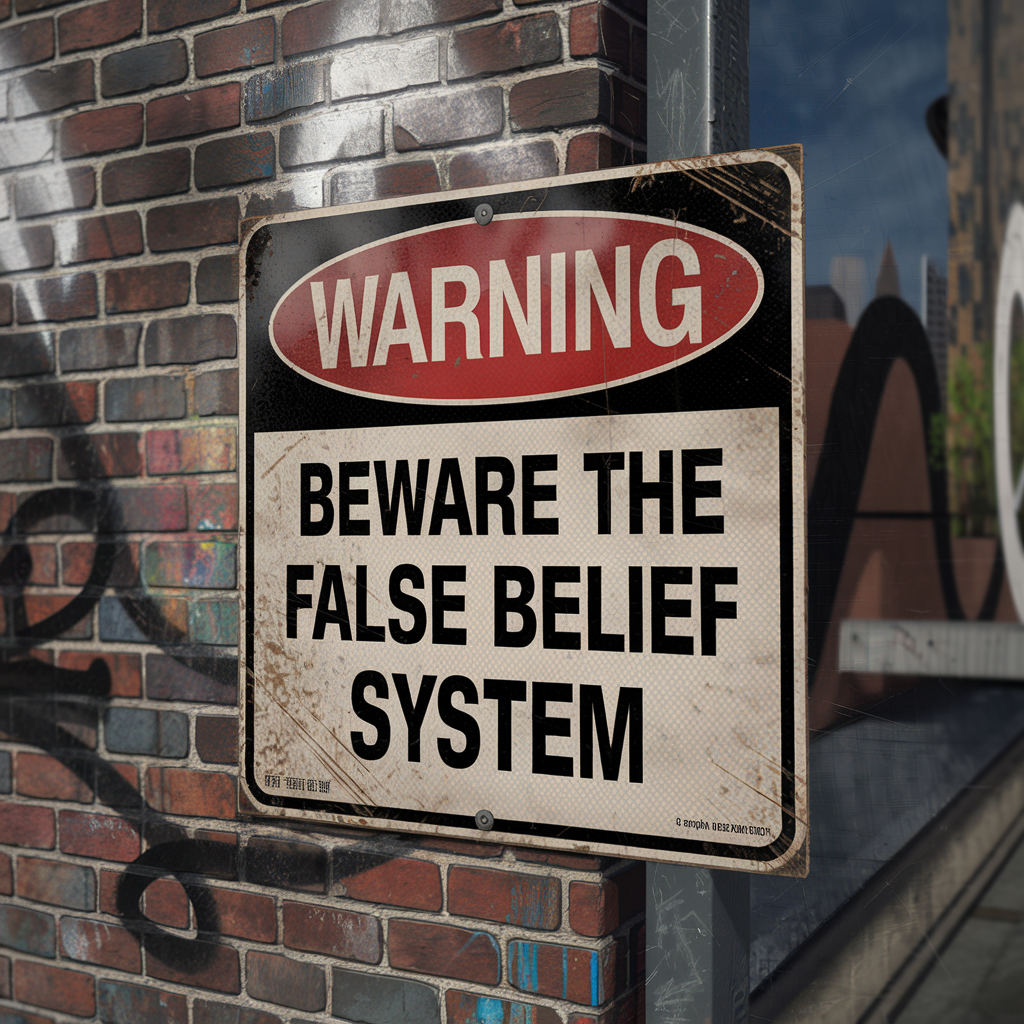In the year 500 AD, just a few decades after the fall of Western roman empire, the standard of living for a typical European peasant was pretty grim.
Squalid hovels. No sanitation. Short life expectancy. Even food was by no means guaranteed.
If you go forward in time, even 1,000 years, the standard of living of a typical medieval peasant in the year 1500 was little changed from his predecessor an entire millennium before.
Human civilization barely budged, in fact, until the late 1700s and the advent of the Industrial Revolution, where the combination of new technology, and cheap, abundant energy propelled our species into an era of unprecedented prosperity.
As technology became even better, and energy even cheaper, that upward trend has accelerated.
On the table in front of us right now are a handful of key technological trends that have the potential to drive human prosperity at warp speed.
One of those in particular is the cheapest and most boundlessly efficient energy the world has ever seen. So naturally the US government is doing everything it can to block it and obstruct its progress.
It’s obvious that the US, and the world, is for the most part, a big mess. The sheer volume of debt in the world is a major concern and one that creates more inflation, and less prosperity. It’s also a problem that is growing each year at an exponential rate.
But this energy issue is a perfect example of how easy it should be to get things moving back in the right direction: just stop going out of your way to deliberately harm your country and its economy.
Think about it. If you had to set the table with four key pieces and resources that were necessary to grow out of a gargantuan debt problem, and create widespread prosperity:
- You would want to have emerging technology for cheap, nearly limitless energy.
- You would want to have world changing technology to boost productivity to unimaginable levels.
- You would want to have one of the most successful people who has ever lived, dedicated to dismantling a destructive, bureaucratic administrative state.
- And you would want to have an incoming government on board with spending restraint and much needed reforms in the public sector.
That’s pretty much what’s in front of us right now.
On the other hand, if your goal was to make things as bad as possible, you would probably engage in a massive debt bonanza and spending blowout, hobble highly beneficial emerging technology, obstruct conventional energy production, and block win/ win foreign investment deals.
These are all things we’ve seen the outgoing administration do just in the last couple weeks.
And it almost looks deliberate, by a petty fool, angry he was pushed out by his own party, and lashing out at the country.
There is a lot of upside potential on the other side of this, but it is by no means guaranteed, and there is still plenty of risk ahead.
That’s why it still makes so much sense to have a Plan B.
Listen in to today’s episode here.


